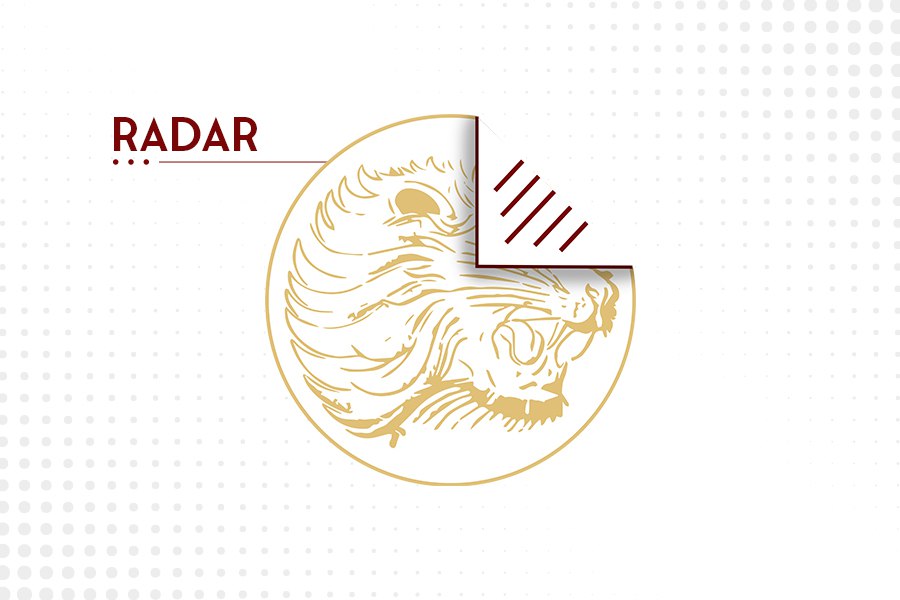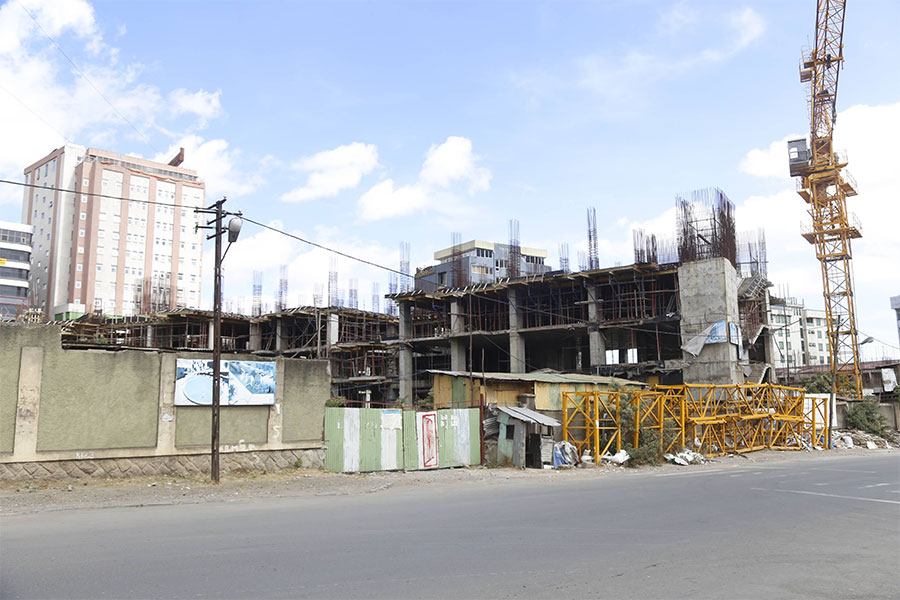
The list of occupational hazards that compel compensation has been comprehensively revised following a groundbreaking research program, aiming to align with an evolving work environment that poses emerging threats, including mental health issues and stress.
A bill under the Ministry of Labour & Skills is underway with 25 additional worker's compensation claims, taking inspiration from a Milan University study conducted under the auspices of the International Labor Organization (ILO).
The research was done after looking at emerging industry trends across 13 sub-Saharan countries using clinical and aetiological diagnosis. While the Milan program posed 55 suggestions for inclusion into the occupational hazard list, officials at the Ministry considered the ones with the likelihood of occurrence in Ethiopia.
"The previous system has serious setbacks in compensating victims," said Tiumezgi Berhe, labour inspection head at the Ministry.
He primarily works on occupational health and emphasises the importance of expanding the list to address the evolving needs of workers.
"Employment risks are not well understood," he told Fortune.
Worldwide, nearly 350,000 workplace fatalities occur annually, while 300 million workplace injuries are so severe that they require multiple health professionals to determine if they are work-related.
Demissew Hailemariam, occupation safety health expert at the Confederation of Ethiopian Trade Union (CETU), stresses the importance of upgrading laws and standards to meet new occupational risks that arise within the labour market.
"Guidelines to prevent injuries also need to be crafted," he told Fortune.
Demissew indicated the role of expanding the occupational hazard list in prompting regular and expansive health checkups by employees. He indicated that the lull implementation of the compensation system over the past several years has created growing pressure for workers dealing with dangers.
The updated list includes injuries and diseases induced by chemical, physical, and biological agents, respiratory, skin and musculoskeletal diseases, along with mental and behavioural issues.
While the risk of affording claims and overreporting are issues, employers represented through the Confederation of Ethiopian Employers Association (CEEA) have received the pending reforms with open arms.
Acting Executive Director Saud Mohammed recommends the creation of a proper database by the government which gives both employers and employees clarity in case of workplace accidents.
"Annual collection of occupational injury data needs to be started," he told Fortune while recognising the reform approach as "a positive step".
Evaluations on the affordability had been given by the Private Organizations Employees' Social Security Administration (POESSA) which is mandated to handle compensation. It has registered over 215,000 organisations with around 1.8 million employees functioning under the oversight of the National Bank of Ethiopia (NBE) since last year.
Private employers are required to provide employee information to the Administration, which collected 20 billion Br last year, within two months of employment.
Million Dagnachew, capacity building director at the Administration, has observed the unclear cause of disease to be the root cause of contentions and disputes in the settlement of compensation claims where physicians provide varying prognoses predicated on assumptions of the work environment.
He indicated that assessments on how easily a worker can return to the job after an injury usually fail to take into account proper damage.
"Some injuries might be covered up," he told Fortune.
The growing use of chemicals within several industries, which have unclear long-term impacts and their absorption into the biology of individuals through subtle means like inhalation, has cast a hazardous cloud over employees.
Workers' compensation involving chemicals is a cause of severe uncertainty as its impact on chronic diseases requires clearly determining its source.
The 29-year-old Bekas Chemicals Plc has been producing soaps, detergents, and cosmetic products with its 650 workforce, utilising a host of chemicals during the production line.
Bekele Tsegaye, a major shareholder and one of seven managers at Bekas, stressed the need for evolving guidelines in the wake of changing industry trends.
"There is constant contention when an employee faces a health hazard," he told Fortune, indicating that clarity awarded by the new guidelines to inform claims negotiations would serve its purpose.
The company, which was founded with 150,000 Br capital nearly three decades ago, has started providing meals to employees in a bid to prevent undernourished workers from losing consciousness after long hours.
"It's part of the effort to address potential causes of dispute," he said.
While labour compensation laws, which included the first list of three occupational diseases, were introduced in 1925 by the ILO, the issue has had little attention, according to legal experts.
Michael Teshome, a practising lawyer finds the pending reform by the Ministry as a promising step in helping establish a stable framework for adjudication of litigations that involve occupational diseases.
"Inherent uncertainty of the cause of chronic disease remains a problem," he told Fortune of his experience in dealing with compensation cases.
Michael applauds the initiative and expects it to bring improved transparency between employers and workers. However, the lawyer recommends that better compilation of information on preexisting medical conditions of workers to avoid possible 'unfair' compensation claims that might arise from employees.
"Increased registration of medical history needs to be adopted," he cautioned.
PUBLISHED ON
Oct 07,2023 [ VOL
24 , NO
1223]

Fortune News | Jan 12,2019

Radar | Apr 15,2023

Radar | Apr 02,2022

Radar | Jul 06,2019

Radar | Jan 16,2024

Fortune News | Jan 22,2022

Fortune News | Apr 17,2020

Fortune News | Nov 23,2019

Fortune News | May 23,2020

Radar | Aug 11,2024

Dec 22 , 2024 . By TIZITA SHEWAFERAW
Charged with transforming colossal state-owned enterprises into modern and competitiv...

Aug 18 , 2024 . By AKSAH ITALO
Although predictable Yonas Zerihun's job in the ride-hailing service is not immune to...

Jul 28 , 2024 . By TIZITA SHEWAFERAW
Unhabitual, perhaps too many, Samuel Gebreyohannes, 38, used to occasionally enjoy a couple of beers at breakfast. However, he recently swit...

Jul 13 , 2024 . By AKSAH ITALO
Investors who rely on tractors, trucks, and field vehicles for commuting, transporting commodities, and f...

Jul 12 , 2025
Political leaders and their policy advisors often promise great leaps forward, yet th...

Jul 5 , 2025
Six years ago, Ethiopia was the darling of international liberal commentators. A year...

Jun 28 , 2025
Meseret Damtie, the assertive auditor general, has never been shy about naming names...

Jun 21 , 2025
A well-worn adage says, “Budget is not destiny, but it is direction.” Examining t...